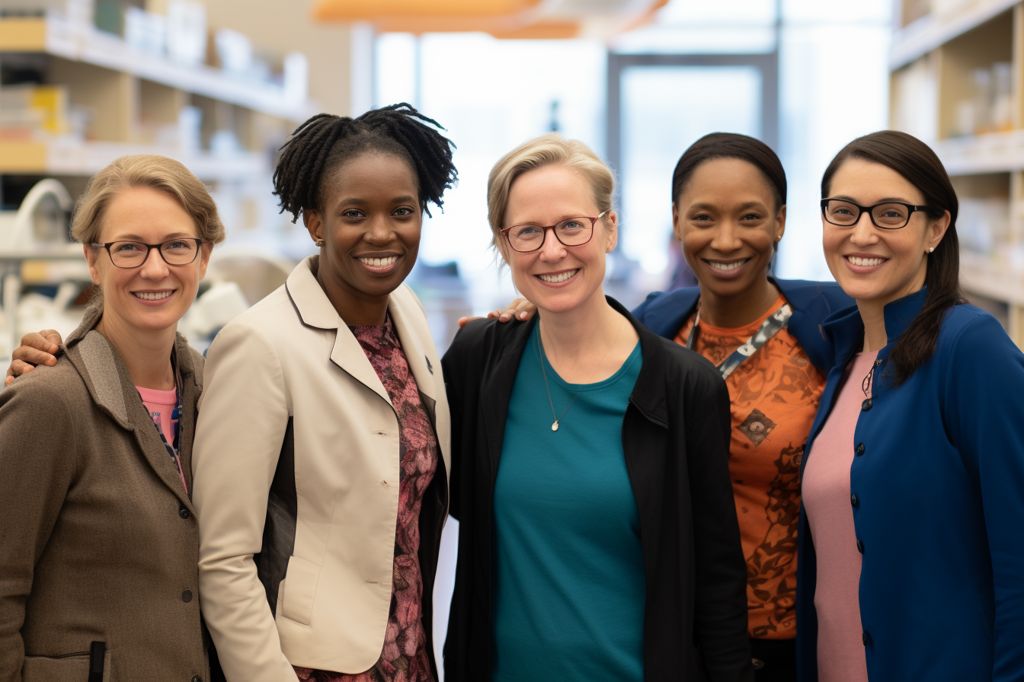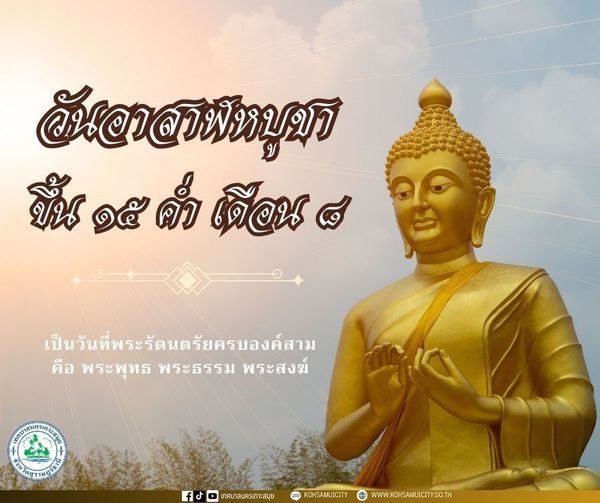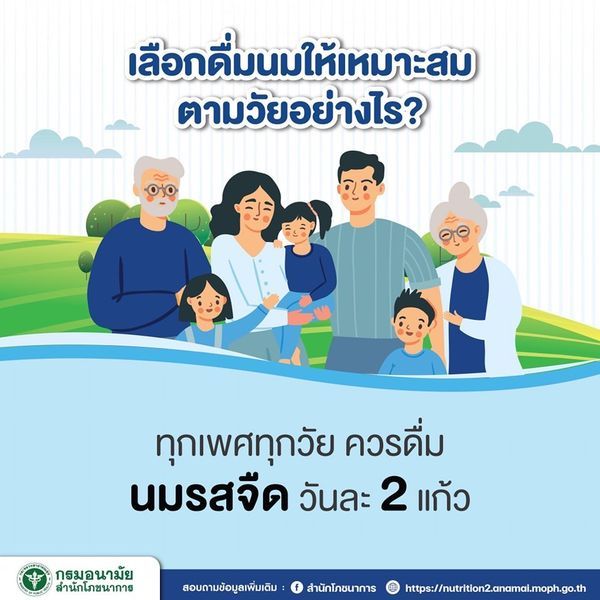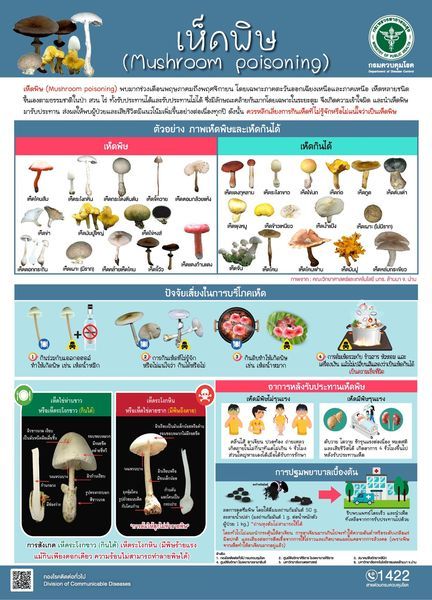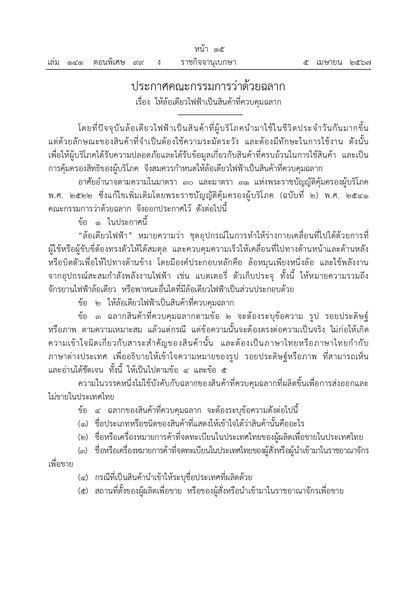UNCTAD and TSRI Partnership
The United Nations Conference on Trade and Development (UNCTAD) has partnered with the Thailand Science Research and Innovation (TSRI) to launch an initiative aimed at empowering women scientists from developing countries. This collaboration seeks to address gender disparity among researchers and support the achievement of the Sustainable Development Goals (SDGs).
Training Course for Women Researchers
As part of this partnership, UNCTAD and TSRI organized a science, technology, and innovation training course for women researchers from around the world. The event, held from August 7 to 12, saw 17 researchers from nine countries participate in an intensive program designed to bridge the gender gap in the field.
Bridging the Global Gender Gap
Dr. Pongpan Kaewtatip, Vice President of TSRI, acknowledged that while some progress has been made, the gender gap among researchers remains significant. The Global Gender Gap report showed a slight 0.3% improvement from last year, but still predicts it would take 169 years to achieve gender equality in economic participation. Furthermore, only around 35% of STEM graduates globally are women, and in AI, their representation is even lower at 22%.
The Importance of Women in Research and Leadership
Studies have shown that businesses with a higher number of women in management, leadership, and research roles can achieve up to 25% higher profitability. Women also bring unique perspectives to research, enhancing innovation pace, scope, and quality. Dr. Kaewtatip emphasized the need to harness this potential and work towards closing the gender gap, with the World Intellectual Property Organization (WIPO) projecting possible closure in international patents by 2061.
The Thai Bio-Circular-Green Economy (BCG) Model
The BCG model is a crucial component of Thailand’s post-pandemic recovery strategy. It focuses on four key sectors: agriculture and food, medical and wellness, bioenergy, biomaterials, and biochemicals, and tourism and the creative economy. Dr. Pongpan explained that the training course aligns with the SDGs, especially Goal 5, which advocates gender equality.
Intensive Hands-On Training for Women Researchers
Participants from nine countries, including Egypt, India, Indonesia, Malaysia, Saudi Arabia, South Africa, Tanzania, the Philippines, and Thailand, engaged in a six-day training program in Bangkok. The comprehensive curriculum covered lectures, workshops, and site visits to BCG-model projects. Dr. Kaewtatip expressed confidence in the positive impact the training would have on the 17 women researchers and entrepreneurs, empowering them to adapt and implement the BCG model in their respective countries.
Building a Global BCG Community
Dr. Kaewtatip noted that the training marks the beginning of a global community and network for the BCG model, facilitating the exchange of best practices among researchers, entrepreneurs, and local Thai BCG enterprises. This collaboration between UNCTAD and TSRI aims to alter projections and empower women’s roles in achieving the SDGs, contributing to a more gender-balanced, sustainable, and inclusive world.
